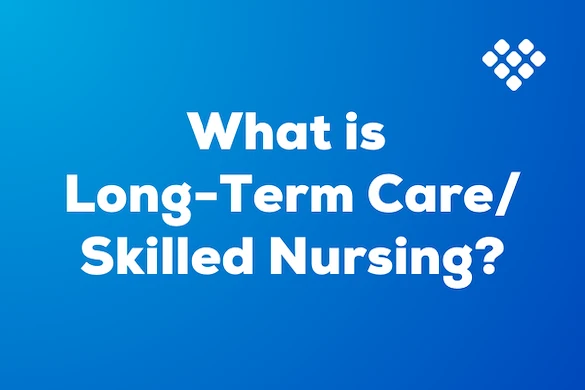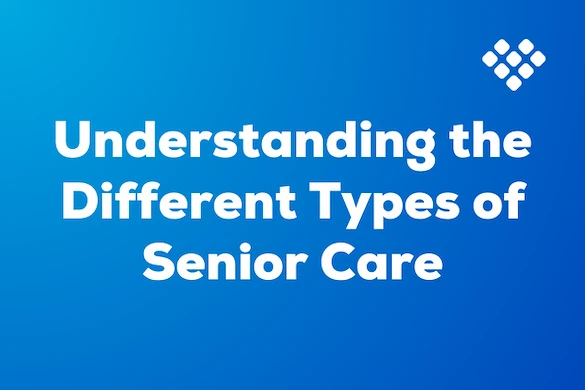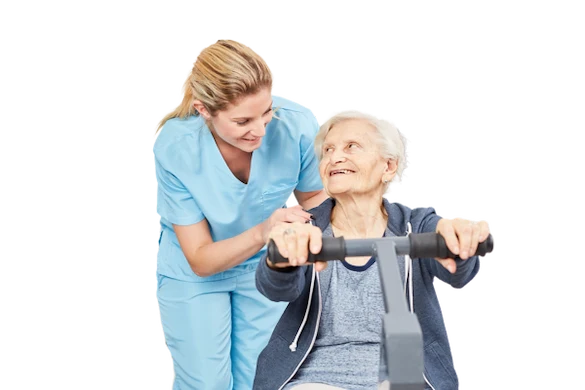
Guide to Skilled Rehabilitation for Seniors: Causes, Costs & More
Recovering from an injury, surgery, or illness? Skilled rehabilitation helps seniors regain mobility, strength, and confidence. Here’s what you need to know.

Key Takeaways

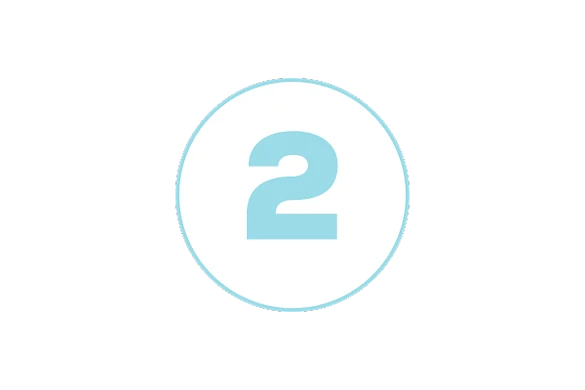
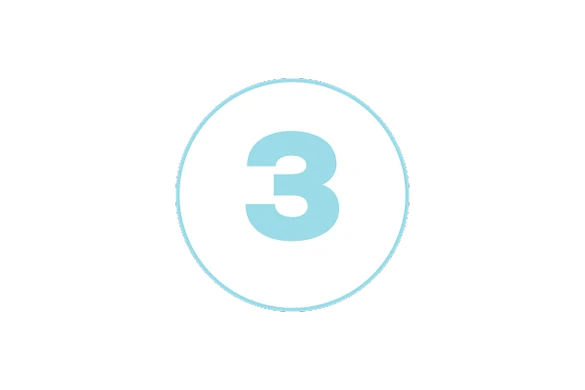
What Is Skilled Rehabilitation?
As seniors age, medical events like surgeries, falls, or chronic conditions can make daily tasks more challenging. Skilled rehabilitation helps seniors recover and regain independence through targeted therapies and 24/7 medical care.
Rehabilitation centers focus on improving physical, cognitive, and emotional well-being through services like:
- Physical Therapy: Restores mobility, balance, and strength.
- Occupational Therapy: Helps seniors relearn daily tasks like dressing and cooking.
- Speech Therapy: Supports speech, language, and swallowing recovery.
- Pain Management: Provides techniques to reduce discomfort without over-reliance on medication.
- Nutritional Counseling: Ensures proper dietary habits for recovery.
- Psychological Support: Addresses emotional well-being during recovery.
With expert nursing care and specialized therapies, skilled rehab helps seniors heal safely and regain confidence in their abilities.
Types of Therapies Offered in Skilled Rehabilitation
Senior rehabilitation centers tailor therapies to each individual’s needs. Common types include:
- Physical Therapy (PT): Improves movement, coordination, and strength.
- Occupational Therapy (OT): Helps seniors perform daily activities independently.
- Speech-Language Therapy: Supports communication and swallowing recovery.
- Cardiac Rehabilitation: Aids recovery from heart attacks or surgery.
- Pulmonary Rehabilitation: Improves breathing for seniors with COPD or other lung conditions.
- Neurological Rehabilitation: Supports those recovering from strokes, brain injuries, or neurological disorders.
These therapies, along with specialized rehabilitation equipment, help seniors restore mobility, manage pain, and maintain independence.
When Is Skilled Rehabilitation Needed?
Seniors may require skilled rehabilitation after:
- Strokes – To improve mobility, speech, and cognitive function.
- Hip or Knee Replacements – To restore movement and reduce pain.
- Falls and Fractures – To recover from injury and prevent future falls.
- Heart Attacks or Cardiac Surgeries – To strengthen the heart and improve endurance.
- Chronic Conditions – Including Parkinson’s, multiple sclerosis, or arthritis.
- Respiratory Illnesses – To enhance lung function after pneumonia or COPD.
Early rehabilitation helps optimize recovery, minimize complications, and promote long-term well-being.
Why Skilled Rehabilitation Matters for Seniors
Rehabilitation plays a crucial role in a senior’s recovery by:
- Restoring Independence: Helps seniors regain daily living skills.
- Preventing Falls: Strength and balance training reduce future risks.
- Managing Pain: Therapy can ease chronic or post-surgical discomfort.
- Boosting Mental Well-being: Recovery milestones improve confidence and emotional health.
- Preventing Complications: Reduces risks like muscle weakness and pressure sores.
- Supporting Caregivers: Helps ease the burden on family members.
Skilled rehabilitation isn’t just about recovery—it’s about restoring quality of life.
Short-Term vs. Long-Term Rehabilitation
Short-Term Rehabilitation:
- Designed for recovery from surgery, illness, or injury.
- Typically lasts weeks to a few months.
- Focuses on regaining strength and returning home.
- Supports chronic conditions or severe impairments.
- Can last months to years.
- Focuses on maintaining mobility and quality of life.
How to Choose a Skilled Rehabilitation Facility
Selecting the right rehabilitation center is essential for a smooth recovery. Consider these factors:
- Level of Care Needed: Consult with a doctor to determine the best type of rehab.
- Facility Credentials: Look for accreditation from organizations like The Joint Commission or CARF.
- Specialized Services: Ensure they offer therapies tailored to the senior’s condition.
- Location & Accessibility: Choose a center that’s convenient for family visits and senior mobility needs.
- Facility Tour: Check for cleanliness, staff interaction, and overall environment.
- Reviews & Ratings: Research online reviews and ask for recommendations.
- Costs & Insurance: Verify coverage under Medicare, Medicaid, or private insurance.
The right facility will provide expert care, personalized recovery plans, and a comfortable environment for healing. Looking for the best skilled rehabilitation centers? Senior Care Finder helps families navigate their options with a transparent, easy-to-use search platform. Explore our Skilled Rehabilitation & Nursing Services Directory to find high-quality care that fits your needs.
Conclusion
Choosing the right skilled rehabilitation facility is a critical step in your loved one’s recovery journey. Skilled rehabilitation offers seniors the specialized therapies and 24/7 expert care needed to regain strength, independence, and confidence after surgery, illness, or injury. Whether it’s physical therapy to restore mobility, occupational therapy to relearn daily tasks, or speech therapy to support communication, each therapy plays a vital role in improving quality of life.
Understanding the different types of rehabilitation, recognizing when it’s needed, and knowing what to look for in a rehab center can empower families and caregivers to make informed, compassionate decisions. Early and appropriate rehabilitation not only speeds recovery but also reduces complications, enhances mental well-being, and supports caregivers through a challenging time.
At Senior Care Finder, we are committed to helping families find trusted skilled rehabilitation centers near them with transparent information, trusted reviews, and convenient search tools. Our goal is to simplify the process so you can focus on what truly matters—supporting your loved one’s path to recovery and renewed independence.
About Senior Care Finder
Senior Care Finder helps families and individuals find the right senior living or care option with ease. Our platform is transparent, ungated, and designed to connect you directly with providers—no middlemen and no cost. Start your search today at seniorcarefinder.com.
